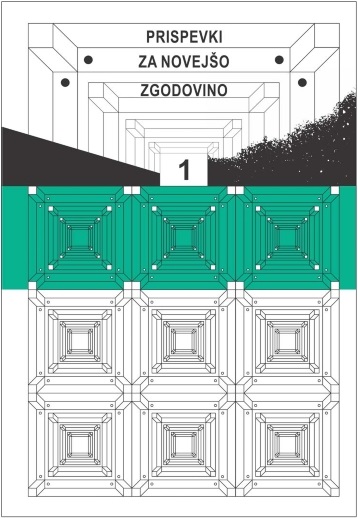Politična tranzicija in vprašanje vrednostnih sistemov pri Slovencih po letu 1990
Political Transition and the Question of the Value Systems of Slovenians after 1990
Author(s): Blaž BabičSubject(s): Political history, Social history, Social development, Transformation Period (1990 - 2010), Social Norms / Social Control, Sociology of Politics
Published by: Inštitut za novejšo zgodovino
Keywords: Slovenia; values; value systems; transition; social norms; crisis of values; social crisis;
Summary/Abstract: The following discussion explores the issue of changes in the value systems of Slovenians during the political, economic and social transition after 1990. First the author defines the values as beliefs and convictions, closely related to emotions and serving the individuals as criteria for the selection and evaluation of actions, events, politics, people, institutions and their categorisation as good or bad, legal or illegal, trustworthy or suspicious. The author focuses on the issue of the current social crisis in Slovenia and rejects the opinion that it stems from the changing value systems or the crisis of values of Slovenians. He establishes that the value systems of Slovenians have not changed significantly since 1990, as the results of the International Value Research, European Value Research and Global Value Research, taking place in 1992, 1995, 1999 and 2005 in the context of the Slovenian Public Opinion project, do not indicate significant changes between the importance ascribed by the individuals to certain values within their value systems.
Journal: Prispevki za novejšo zgodovino (before 1960: Prispevki za zgodovino delavskega gibanja)
- Issue Year: 51/2011
- Issue No: 1
- Page Range: 353-366
- Page Count: 14
- Language: Slovenian

